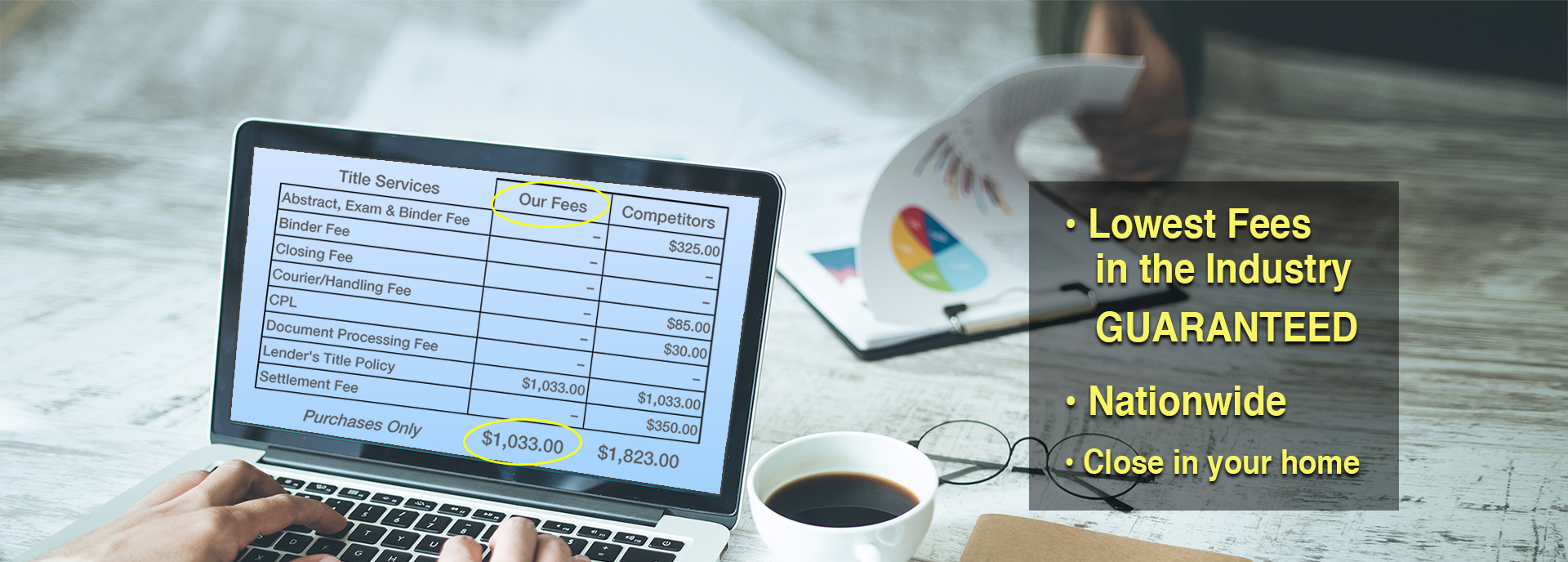___Deed not properly recorded ___Forgery and impersonation ___Lack of a right of access ___Lack of competency, capacity or legal authority of a party; ___Deed not joined in by a necessary party (co-owner, heir, spouse, corporate officer, or business partner); ___Undisclosed prior mortgage or lien; ___Undisclosed easement / use restriction … [Read more...]
How Do You Read the HUD-1 Settlement Statement?
This is the document which provides an itemized listing of the funds that are payable at closing. It is called a HUD1 because the form is printed by the Department of Housing and Urban Development (HUD). The HUD1 statement is also known as the "closing statement" or "settlement sheet." Settlement charges (closing costs) are categorized on the HUD-1 into seven series sections as follows: 700 Series Line Items (Total Sales/Broker's Commission) 800 Series Line Items (Items Payable In Connection … [Read more...]
Location Surveys: Do You Need One?
Location Surveys are necessary on all financed purchases. The Title Company must order the survey through a licensed Surveyor in advance of the settlement to make sure there are no discrepancies or structures on the property which appear to encroach over building restriction lines, property lines, or drainage and utility easements. If you are refinancing a loan and have a prior location survey, and have not changed anything or added any improvements, then the old survey is sufficient as long … [Read more...]
The Closing: What Do I Bring to the Closing?
You should promptly provide any information that your closing agent requests from you. Check with your closing agent before the closing to make sure you bring all required documents to your closing. You will need to bring: ___ if you are the buyer, funds for closing in the form of a cashiers check or wire transfer of funds from your bank to the title company. ___ valid photo identification: a state-issued driver's license, passport or state-issued ID card ___ the Certificate of Approval … [Read more...]
What Does a Title Company Do?
Document preparation - The closing agent prepares the documents required for your closing shortly after you sign your contract or loan application. The agent will request the payoff information of any existing mortgages, as well as a request for any information regarding homeowners or condominium association dues and/or transfer fees. If a new mortgage is being obtained, the closing agent will work closely with your lender to make sure you meet all of the lender's closing requirements. Title … [Read more...]
Title Insurance: Why You Need It
If you are purchasing a condominium, a home or any other type of building, or even vacant land, you must have a complete Title Search made on the property. There may be others who have rights in the property - Banks and lenders who have secured the property with outstanding mortgages, local city or county governments who are due unpaid property taxes, and even contractors who have lien claims to whom the owner owes money for work that was completed and not paid. The property may be sold without … [Read more...]
What is an Escrow Account?
Once you close your purchase transaction, you may have an escrow account with your lender. This means the amount you pay each month includes an amount above what would be required if you were only paying your principle and interest. The extra money is held in your escrow account for the payment of items like property taxes and homeowner’s insurance when they come due. The lender pays them with this "extra" money instead of you paying them yourself. … [Read more...]
What are Closing Costs?
Closing costs are separated into what are called "non-recurring closing costs" and "pre-paid items." Non-recurring closing costs are any items which are paid just once as a result of buying the property or obtaining a loan. "Pre-paids" are items which recur over time, such as property taxes and homeowners insurance. A lender makes an attempt to estimate the amount of non-recurring closing costs and prepaid items on the Good Faith Estimate which they must issue to the borrower within three days … [Read more...]
What Can a Title Search Reveal?
A title search can discover title defects, liens, encumbrances and restrictions such as unpaid taxes, unsatisfied mortgages, mistakes in public records, liens and judgments against the seller's property, and restrictions limiting the use of the land. … [Read more...]
What Happens at the Closing?
A closing is the meeting of all parties involved in a property transaction during which required legal documents are signed and transferred, and funds are distributed (as appropriate between the lender, seller and buyer). The closing usually happens in the closing agent's office. The meeting usually takes about an hour, and is handled by a closing agent, which is either a title insurance company or an attorney. At the closing, the closing agent explains the closing statement as well as other … [Read more...]





